
The scientist who tested his revolutionary medicine on his own brain cancer: ‘It seemed worth it to give it a crack’
ichard Scolyer was fully engaged in the business of living when he suddenly received a death sentence. A person more alive would be hard to find. As an endurance athlete competing across the globe, he was in peak physical condition. As one of the world’s leading pathologists on melanoma whose pioneering research has saved thousands of lives, he was in demand. At 56, Prof Richard Scolyer was flying along. His life, he says, was “rich”. And then, on the morning of 20 May 2023, he found himself losing consciousness and convulsing on the floor in a hotel room in Poland, panicking and scared.
After this grand mal seizure, he went for an MRI scan at University hospital in Krakow. It found a mass in his temporal lobe. Scolyer knew immediately it had delivered very bad news.
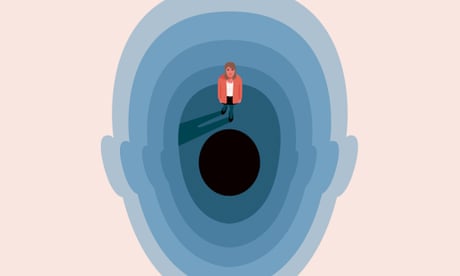
Having diagnosed other people with cancer many times, he knew exactly what the finding could mean. Most likely brain cancer. He knew the outcome for a high-grade glioma was “shockingly bad”. That a brain tumour is incurable, and he would have an “horrific last few months”. He descended into black despair; devastated, anxious, terrified. He cried and cried, weeping when he rang his children.
A biopsy operation performed in Sydney 12 days later would confirm the “worst of the worst”. It was an aggressive grade 4 IDH-wildtype glioblastoma – a terminal diagnosis.
“I didn’t want to die. I loved my life,” writes this year’s co-Australian of the Year in his new memoir Brainstorm. Only three weeks before the seizure he had represented Australia at the World Triathlon Multisport Championships in Ibiza. Now the certainties had been ripped away. Now his life was measured in months and weeks. Since that Saturday morning in Krakow he has been in unchartered waters.
Scolyer is remarkably optimistic for a man who did not expect to be alive when his book came out last month. But he is. “And kicking.” If somewhat cautiously. When you are attempting to revolutionise brain cancer treatment with a one-man clinical trial you can’t take anything for granted.

There is a notable absence of gravitas and ego in Scolyer. He seems humble, vulnerable. He has a way of making it feel like this conversation is the most important thing he has to do today. Which it most certainly is not.
Scolyer is the most published melanoma pathologist in the world, sent thousands of the most difficult cases each year. Soon after his own diagnosis, he decided to go public with his diagnosis as a way of keeping friends and colleagues informed, but mainly as a memory for his three kids. The news was greeted with an avalanche of messages. And now we all know what the inside of his skull looks like because his brain scans are on his social media.
For years before his brain tumour felled him on his Polish hotel room floor, Scolyer’s medical co-director at the Melanoma Institute Australia, Georgina Long (and his co-Australian of the Year), had led trials using a new class of immunotherapy drugs that had had spectacular results on patients with melanoma. “Basically what it’s doing is stimulating your body’s own immune system to recognise cancer cells and to kill them off,” Scolyer explains. They had learned the drugs were more effective if given before the tumour is taken out. In 15 years, the five-year survival rate for advanced melanoma had gone from 5% to 55%.

But while advances had been made in melanoma survival rates, the treatment for Scolyer’s aggressive glioblastoma had not changed in 20 years.
“Basically this sort of tumour spreads like tree roots that run through your brain. If you look down a microscope you can’t see where it ends,” says Scolyer. “So you can never cure it with surgery or radiation therapy. If you tried to cut the whole tumour out you wouldn’t have much brain left.”
Therapy usually focused on prolonging life with chemotherapy and radiation until palliative care and death.
From the moment she received the MRI scans from Poland, Long had been in action, consulting the Melanoma Institute’s world-leading experts and those around the world. Long had pioneered the successful use of immunotherapy for melanoma patients whose cancer had spread to the brain.
She and the team had been developing a plan for a radical treatment for her friend and colleague of 20 years. They would take what they had learned from immunotherapy and apply it to his cancer. It had never been tried before anywhere, was seriously risky and the stakes could not be higher – there was a 60% chance the side effects could kill him. If it caused major swelling in the brain, it could kill him within days.
They estimated there might be a 5% chance of saving his life; it might be less than 1%. To Scolyer, “it seemed worth it to give it a crack”.
Hoping the tumour did not grow bigger, he would delay the debulking surgery for as long as possible to give the drugs a chance to work. He would have a combination of three immunotherapy drugs intravenously. Fifteen days after the seizure, the first four-hour infusion began at the Mater hospital in Sydney. The second dose was delayed because of side-effects, including high temperatures, a rash and high enzymes in his liver. “I had a lot of [infusions] really close together every two weeks at the start.”
Through it all he kept running and cycling.
Twenty-eight days after Krakow, craniotomy neurosurgeon Brindha Shivalingam removed pieces of the tumour in a six-hour operation. She later admitted it had been emotional for her operating on a friend. She was careful not to take “the Richard out of Richard”.
Pathology results showed his immune cells were activated and hopefully attacking the tumour cells. “It was a phenomenal result,” Scolyer says. A possible new frontier for brain cancer.
News in the same category

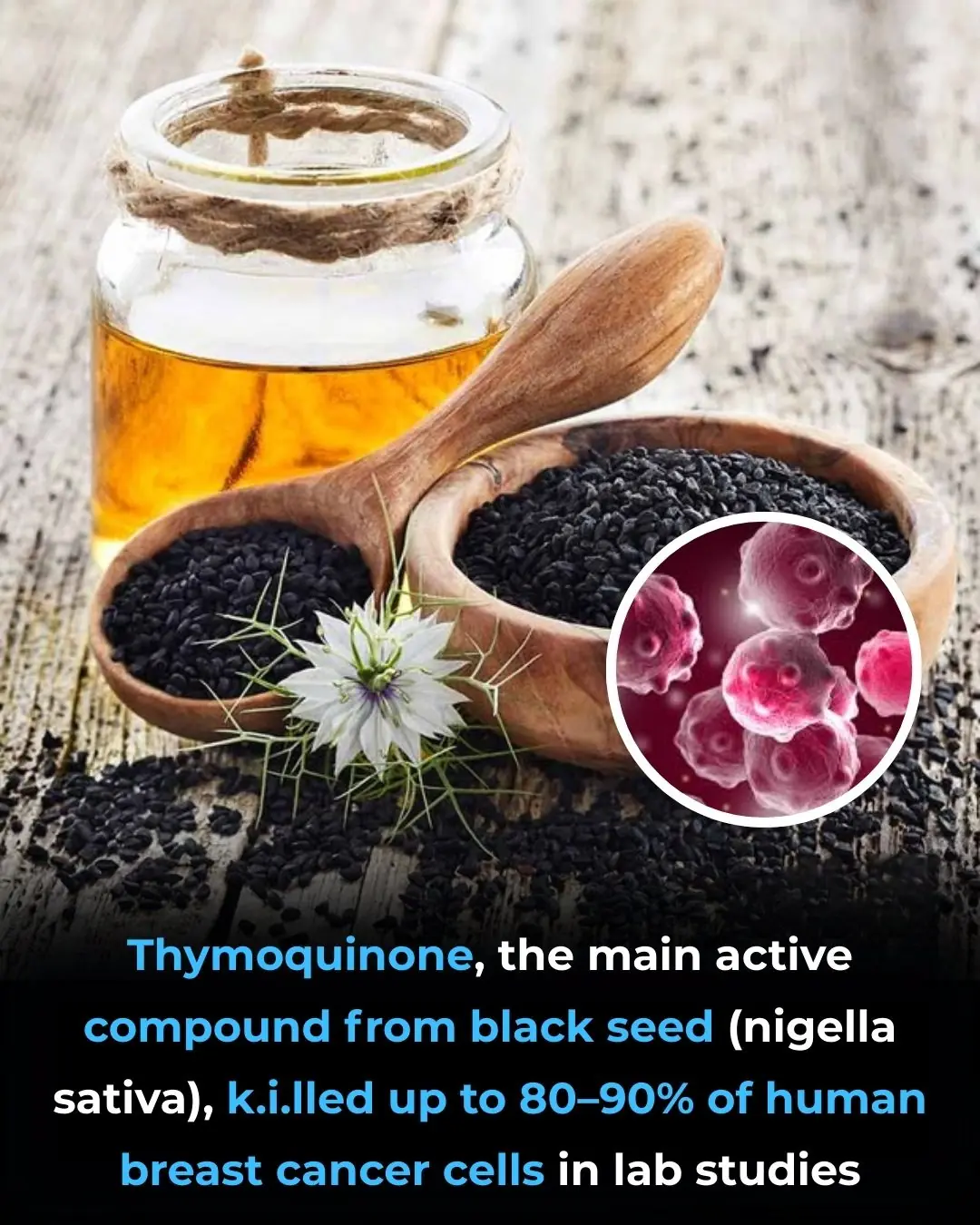
Thymoquinone and Breast Cancer Cell Suppression: Evidence from Preclinical Research

Ginger Supplementation and Cardiovascular Inflammation: Evidence from a Double-Blind Randomized Clinical Trial

Antioxidant Supplementation and Thyroid Autoimmunity: Evidence from a Randomized Controlled Trial

Chios Mastic Gum as an Anti-Inflammatory Intervention in Crohn’s Disease and Vascular Inflammation

Garlic Supplementation and Metabolic Improvement in Non-Alcoholic Fatty Liver Disease
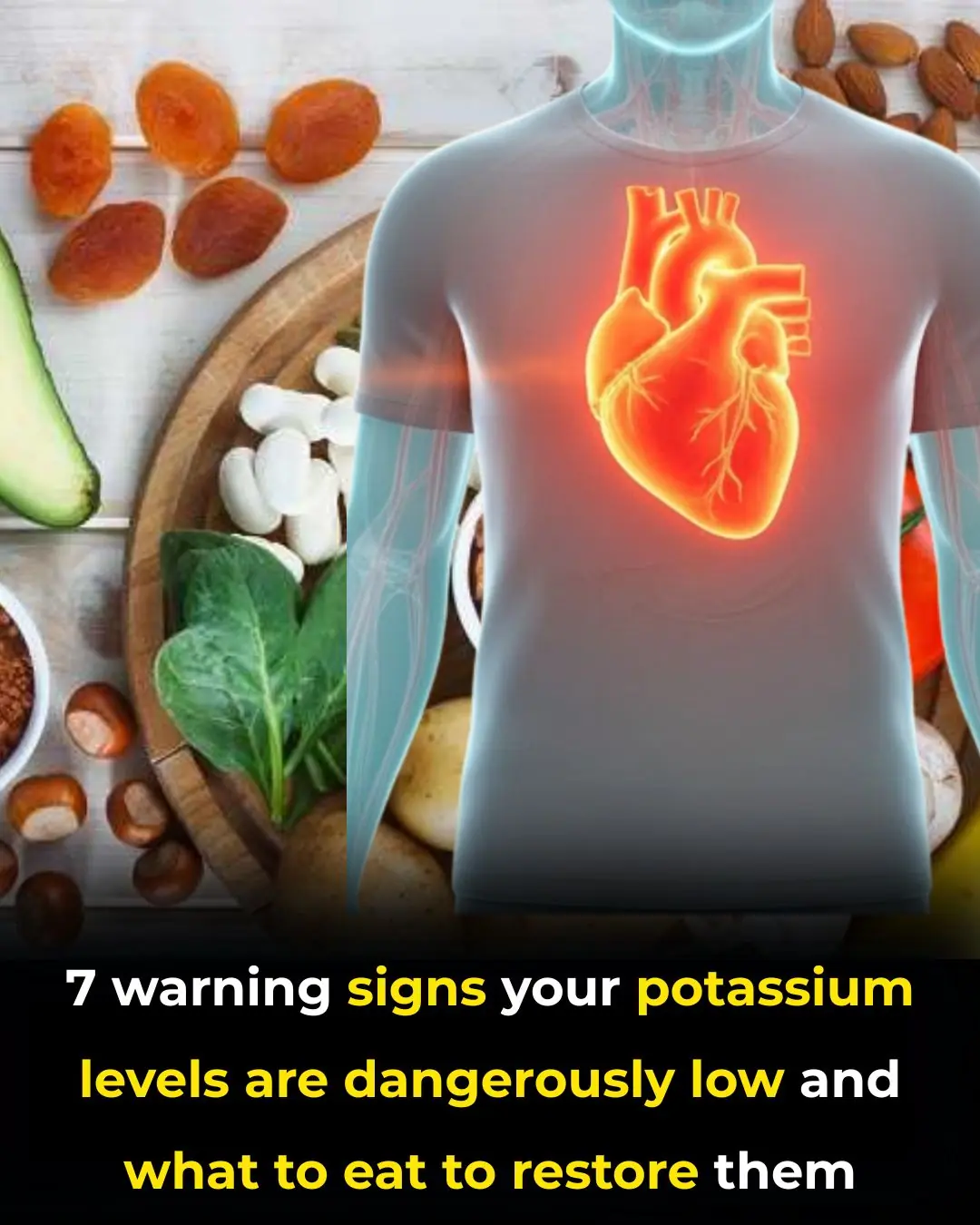
Potassium Deficiency – Causes, Symptoms and What To Do

14 Warning Signs of Low Magnesium Levels and What to Do About It (Science Based)
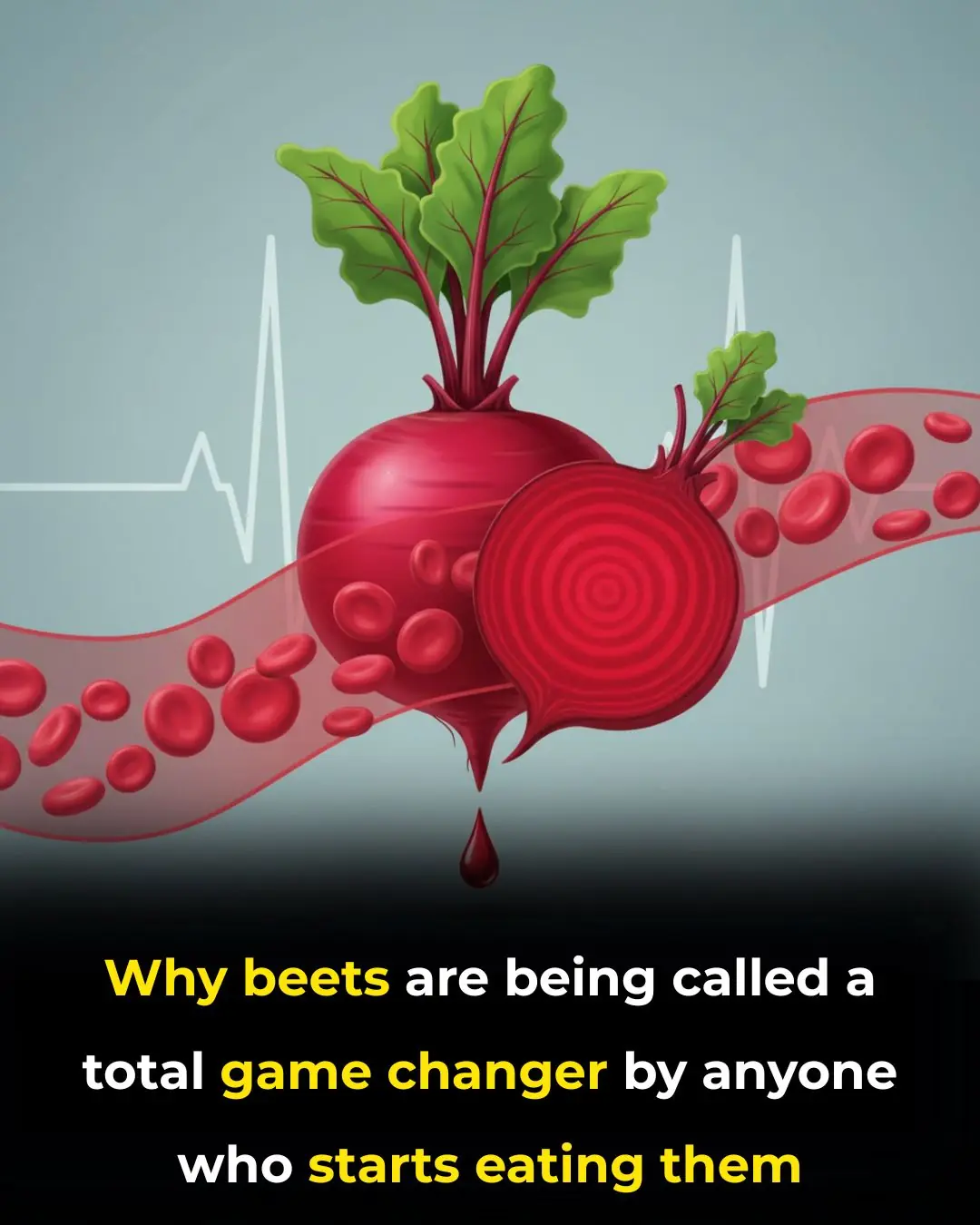
Proven Health Benefits of Beets and Fermented Beets (Science Based)

3 Reasons Onions Might Upset Your Stomach

MRI vs PET: Which Imaging Modality Better Detects Prostate Cancer Recurrence?
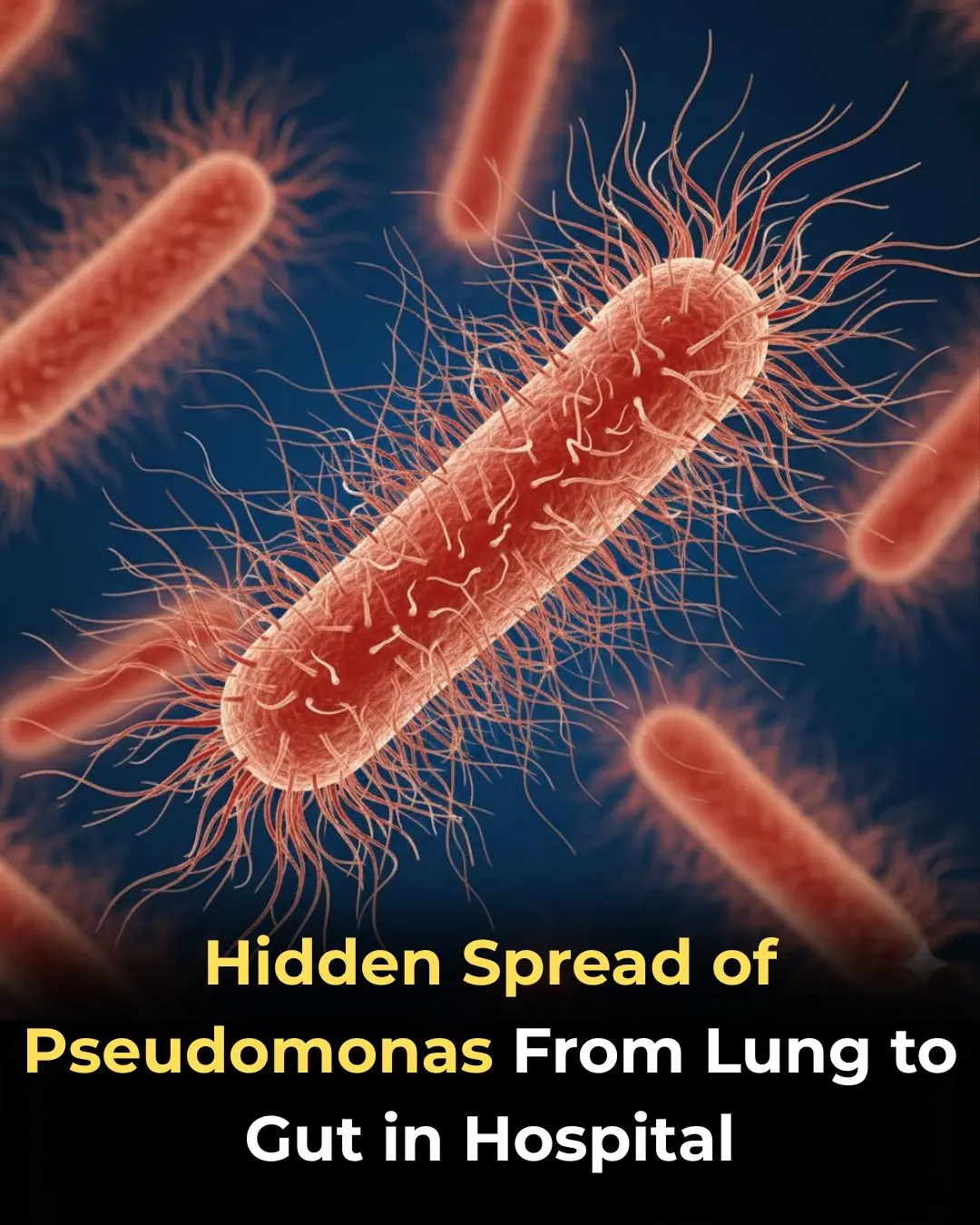
Hidden Spread of Pseudomonas aeruginosa From Lung to Gut in Hospitalized Patients
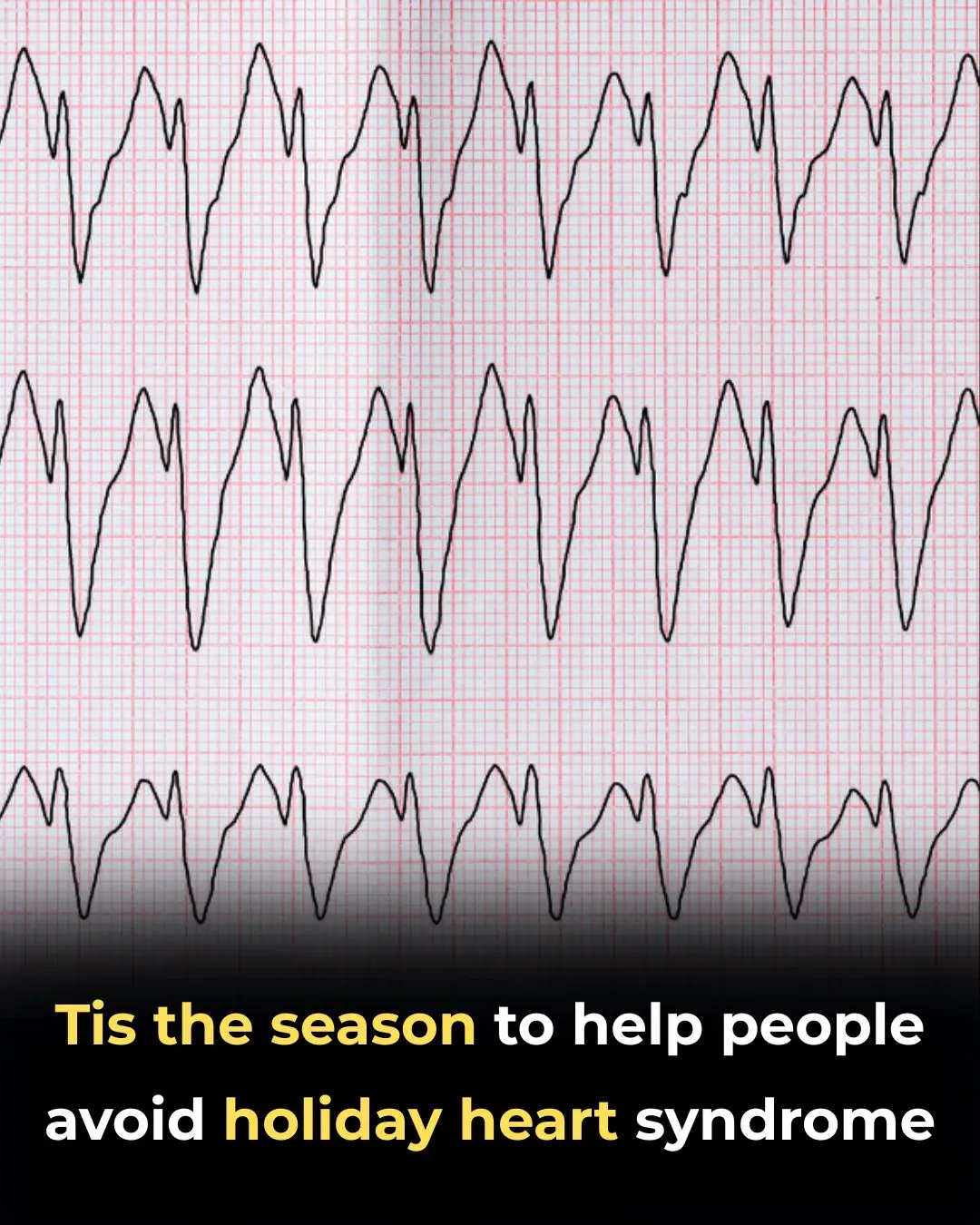
‘Tis the Season to Help People Avoid Holiday Heart Syndrome
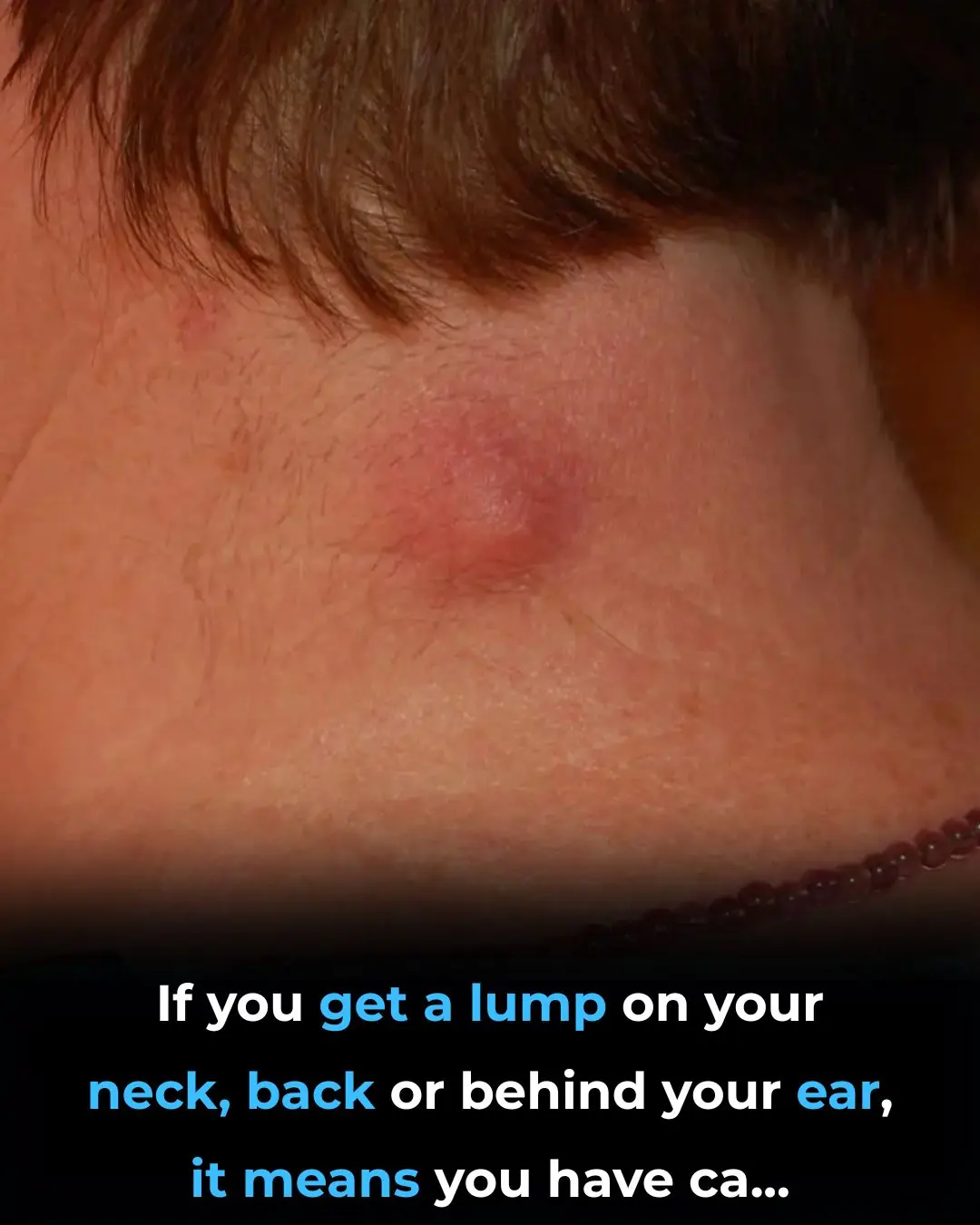
Got a lump on your neck, back or behind your ear? This is what you need to know

What Your Skin Could Be Telling You About Hidden Health Issues

How to Choose Fresh and Delicious Pork: Should You Pick Lighter or Darker Pieces?
How to Choose Fresh and Delicious Pork: Should You Pick Lighter or Darker Pieces?
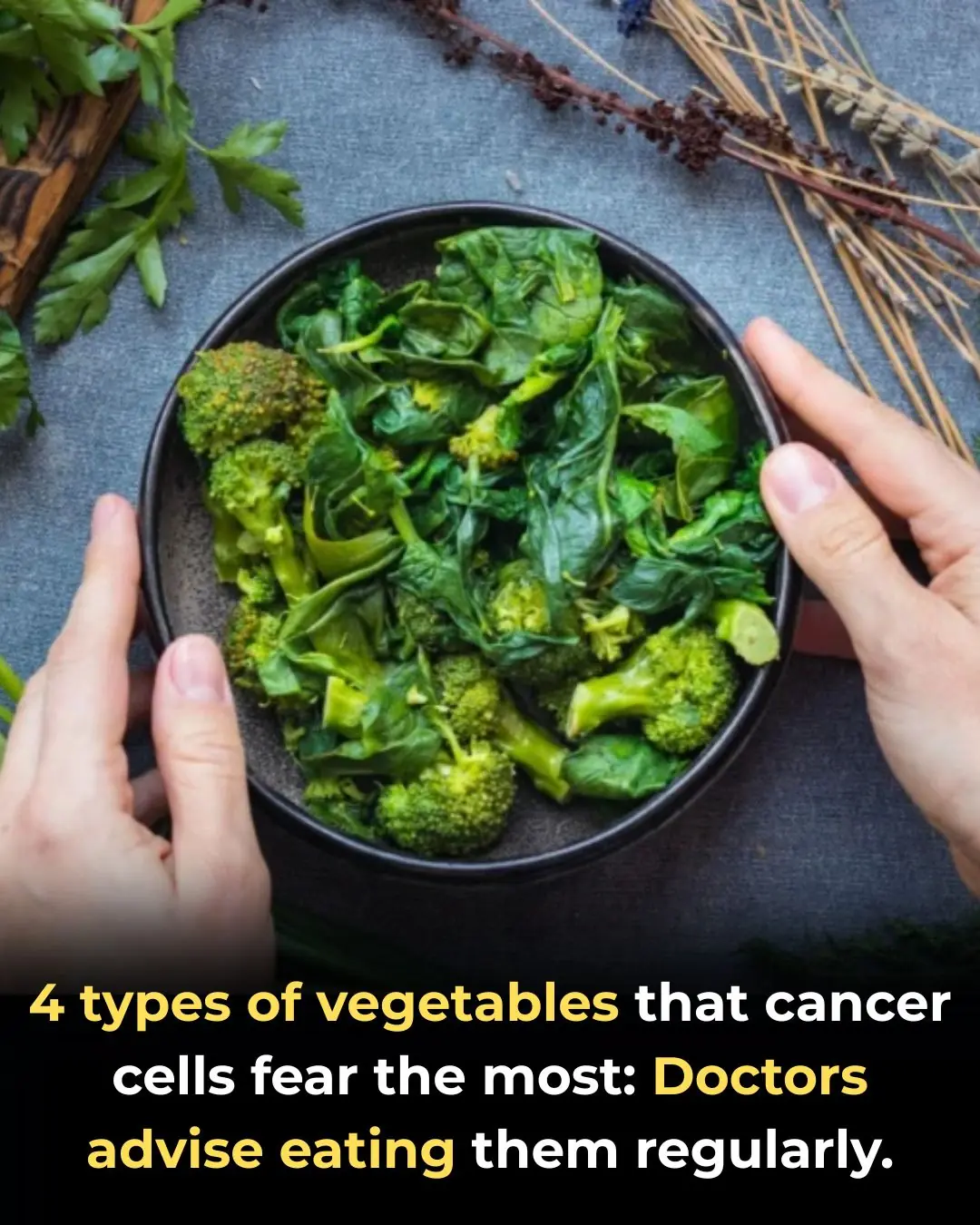
4 Types of Vegetables Most Effective in Preventing Cancer, According to Doctors: Eating Them Regularly Is Great for Your Health

Stroke and Cerebral Infarction Prevention: Remember These 3 Indicators, 1 Disease, and 6 Key Habits

Optimism as a Psychosocial Predictor of Exceptional Longevity

Why Ages 36–46 Matter: Midlife as a Critical Window for Long-Term Health
News Post

Bee Propolis and Infertility in Endometriosis: Evidence from a Pilot Randomized Clinical Trial

Thymoquinone and Breast Cancer Cell Suppression: Evidence from Preclinical Research

Ginger Supplementation and Cardiovascular Inflammation: Evidence from a Double-Blind Randomized Clinical Trial

Antioxidant Supplementation and Thyroid Autoimmunity: Evidence from a Randomized Controlled Trial

Chios Mastic Gum as an Anti-Inflammatory Intervention in Crohn’s Disease and Vascular Inflammation

Garlic Supplementation and Metabolic Improvement in Non-Alcoholic Fatty Liver Disease

If you drink cucumber water every morning, this is what happens to your body

I soaked my feet in apple cider vinegar. 15 mins later, this is what happened

I need this ‘Liquid Gold.’

Potassium Deficiency – Causes, Symptoms and What To Do

14 Warning Signs of Low Magnesium Levels and What to Do About It (Science Based)

Proven Health Benefits of Beets and Fermented Beets (Science Based)
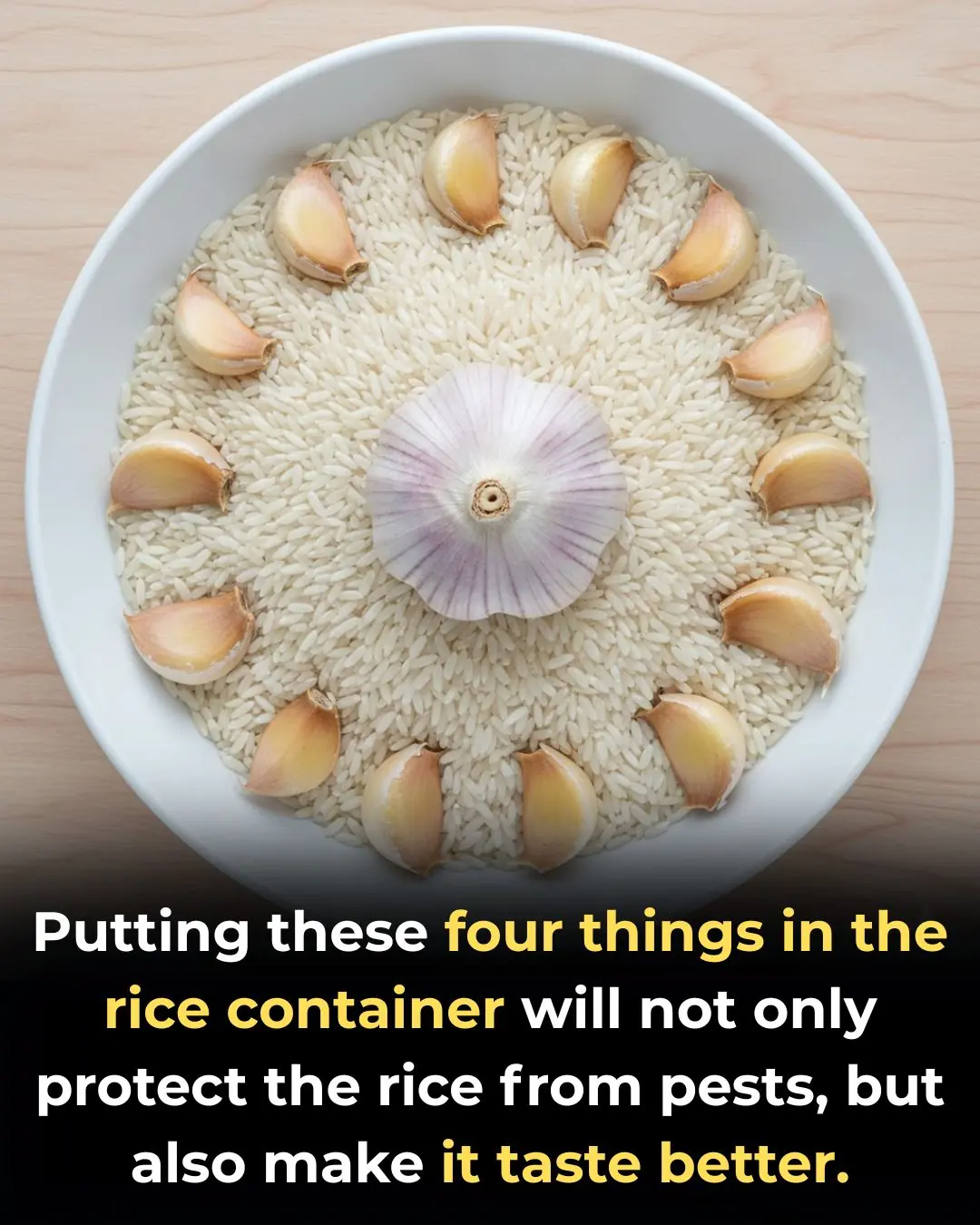
Putting this in the vase box not only helps protect the chrysanthemums but also makes the vase more delicious

How to preserve cilantro so it stays fresh, green, and fragrant for a whole month

3 Reasons Onions Might Upset Your Stomach

Vaseline Uses and Benefits for Skin, Lips and Hair | Petroleum Jelly Benefits

Beetroot Face Gel for Clear Skin – Rosy Cheeks & Pink Blushing Skin

How i use CUCUMBER for Skin & Eyes : Remove Dark Circles & Get Glowing Skin

Tips for removing grease from an air fryer
